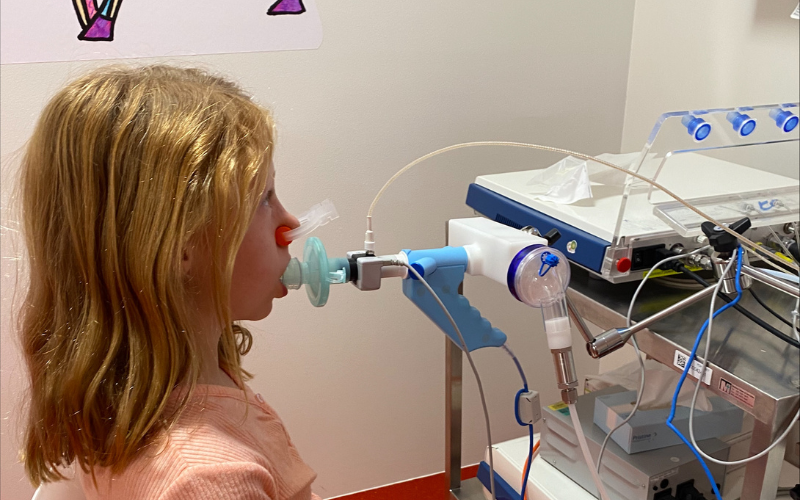Search

News & Events
Winners Announced: 2021 Inspiration AwardsMEDIA ENQUIRIES Media Contacts About the Wal-yan Respiratory Research Centre Please direct general enquiries to our reception on (08) 6319 1000.

News & Events
20-year MAVRIC study celebrates recruitment of its 1000th participantThe MAVRIC (Mechanisms of Acute Viral Respiratory Infection in Children) study recently celebrated the recruitment of the 1000th participant to the study, eight-year-old Sullivan Strahan.

News & Events
Despite advances in neonatal care, preterm babies have lower lung function throughout their lifeAnalysis of worldwide research shows that despite advances in neonatal care, preterm babies have lower lung function throughout their life.

News & Events
Vertex grants to support advances in cystic fibrosis careTwo outstanding researchers from the Wal-yan Respiratory Research Centre have been awarded Vertex Cystic Fibrosis (CF) Mentored Innovation Research Awards.

News & Events
Wal-yan researchers to present at largest respiratory meeting in the worldA large contingent of researchers from the Wal-yan Respiratory Research Centre are heading to Spain in September to participate in the European Respiratory Society (ERS) International Congress – the largest respiratory meeting in the world.

News & Events
Community bands together to improve lung health of Aboriginal children in East KimberleySeptember marks the three-month milestone of an intensive health promotion campaign in the East Kimberley region, which aims to raise awareness of the dangers of a chronic wet cough in Aboriginal children.

News & Events
Wal-yan Centre scholarship awardees to research interventions for improving lung healthAs part of the Wal-yan Respiratory Research Centre’s aim to support the next generation of scientists in children’s respiratory research, a competitive scholarship program was introduced this year.

News & Events
Five innovative research projects supported by Inspiration Awards 2022Valued at a total of $440,000, the Wal-yan Respiratory Research Centre Inspiration Awards 2022 will support five cutting-edge research projects.

News & Events
Research into innovative treatments for people with asthma and antibiotic resistance supported by Innovation FellowshipsTwo outstanding researchers from the Wal-yan Respiratory Research Centre have been awarded a 2022 Innovation Fellowship supported by the WA Government's Future Health Research and Innovation (FHRI) Fund.

News & Events
New study to better understand how bronchiectasis develops during childhoodA new research project – the WA Paediatric Bronchiectasis Cohort Study – officially commenced this month with the aim of looking at children with bronchiectasis in Western Australia, like nine-year-old Holly (pictured), to better understand how this disease develops during childhood.
